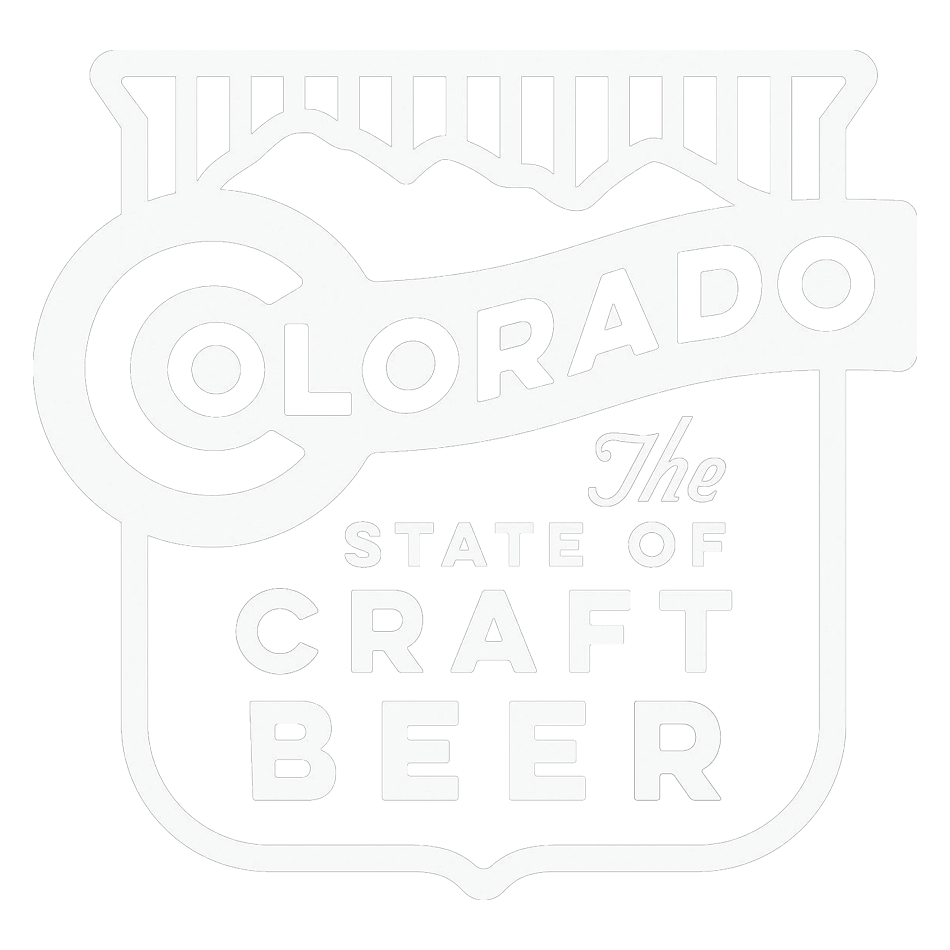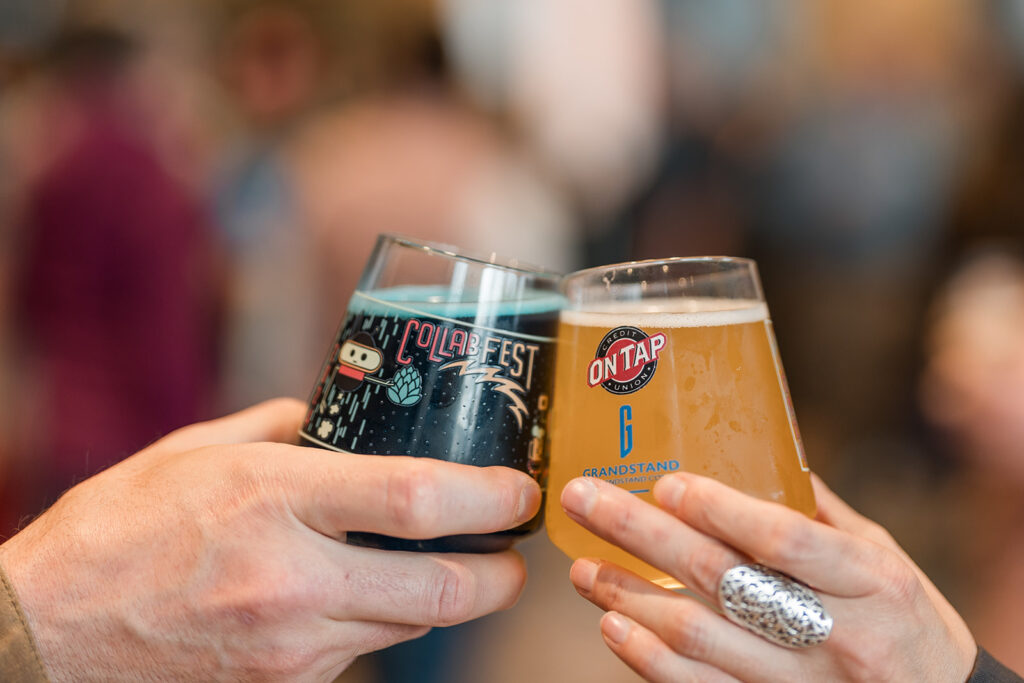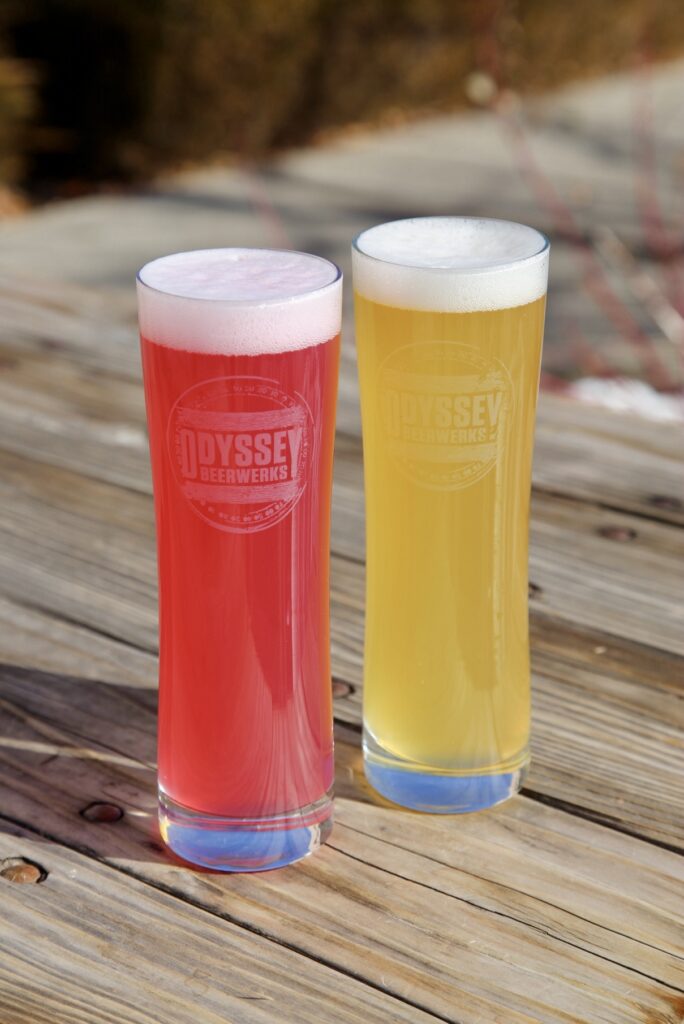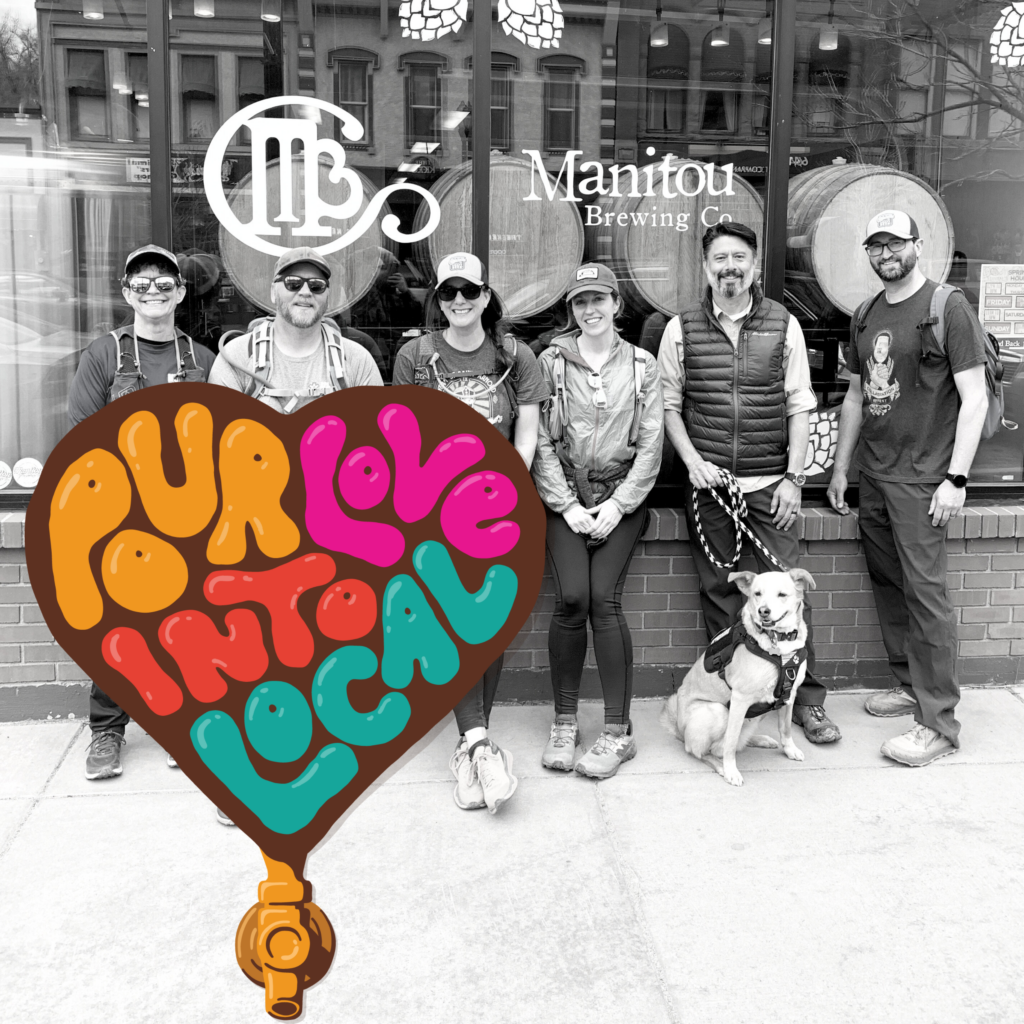Do you know the ins and outs of Service Animal rights in Colorado?
Dive deep into the world of service animals and be sure to check out the handy downloadable 1-pager at the bottom to have on hand at your establishment!
By: Conner Eversole, Esq.
 The Americans With Disabilities Act of 1990 (“ADA”) defines a service animal as a dog that is individually trained to perform specific tasks for an individual with a disability. This includes tasks like guiding individuals with visual impairments, alerting individuals with hearing impairments, pulling wheelchairs, retrieving items, or alerting individuals of oncoming seizures. Notably, the ADA does not recognize emotional support animals (ESA) as service animals, as they are not trained to perform a specific task related to a disability. Similarly, service animals in training are not protected by the ADA, however, they are protected under Colorado Revised Statute 24-34-803. Remarkably, under ADA guidelines, miniature horses trained to perform tasks can also be recognized as service animals, although these cases are rare.
The Americans With Disabilities Act of 1990 (“ADA”) defines a service animal as a dog that is individually trained to perform specific tasks for an individual with a disability. This includes tasks like guiding individuals with visual impairments, alerting individuals with hearing impairments, pulling wheelchairs, retrieving items, or alerting individuals of oncoming seizures. Notably, the ADA does not recognize emotional support animals (ESA) as service animals, as they are not trained to perform a specific task related to a disability. Similarly, service animals in training are not protected by the ADA, however, they are protected under Colorado Revised Statute 24-34-803. Remarkably, under ADA guidelines, miniature horses trained to perform tasks can also be recognized as service animals, although these cases are rare.
Colorado’s anti-discrimination law similarly protects individuals who rely on service animals, emphasizing equal access for persons with disabilities in all public accommodations, including restaurants and breweries. Colorado law closely mirrors federal guidelines, reinforcing that ESAs do not qualify as service animals in public accommodations. However, Colorado does permit ESAs in housing under the Fair Housing Act, a point of potential confusion for businesses serving the public. For breweries and restaurants, understanding the limitations and privileges defined under federal and state law can prevent costly mistakes and ensure equitable access for patrons.
Legal Obligations for Breweries and Restaurants
Under the ADA, any business open to the public—including breweries, bars, and restaurants—is required to allow entry to individuals with service animals. These establishments cannot charge additional fees for patrons with service animals or isolate them in certain seating areas.
It can be a challenge to identify which animals qualify as service animals since they are not required to be listed on a registry, possess specific paperwork declaring the animal as a service animal, or wear a service animal vest. When it is not obvious what service an animal provides, only limited inquiries are allowed, and staff may only ask two questions to determine if a patron’s animal is a service animal: (1) “Is your dog a service animal required because of a disability?”; and (2) “What work or task has the dog been trained to perform?” Staff cannot ask about the person’s disability, require medical documentation, require a special identification card or training documentation for the dog, or ask that the dog demonstrate its ability to perform the work or task. However, there are specific, narrowly defined instances in which a business might ask a patron to remove a service animal. For example: (1) the dog is out of control and the handler does not take effective action to control it; or, (2) the dog is not housebroken.
When there is a legitimate reason to ask that a service animal be removed, staff must offer the person with the disability the opportunity to obtain goods or services without the animal’s presence. Colorado businesses must also note that attempting to charge additional fees for cleaning or requiring deposits from patrons with service animals is considered discriminatory under state law.
Legal Obligations of Patrons
Under Colorado state law HB16-1426 (effective January 2017), it is a crime to knowingly misrepresent an animal as a service animal. For example, indicating a non-service animal is a service animal to bring it into a public business that generally would not allow animals on the premises. A person must have received a previous verbal or written warning to be charged, and fines can range from $50 – $500. Patrons are expected to keep their dog in control, quiet, on a leash, and must clean up after their dog.
Common Misconceptions
- Allergies and fear of dogs are not valid reasons for denying access or refusing service to people using service animals. When a person who is allergic to dog dander and a person who uses a service animal must spend time in the same room or facility, they both should be accommodated by assigning them, if possible, to different locations within the room or different rooms in the facility.
- Establishments that sell or prepare food must generally allow service animals in public areas, even if state or local health codes prohibit animals on the premises. However, an establishment does not need to grant access to areas where food products are being prepared. This may include tours of brewing facilities in certain circumstances.
- People with disabilities who use service animals cannot be isolated from other patrons, treated less favorably than other patrons, or charged fees that are not charged to other patrons without animals. In addition, if a business requires a deposit or fee to be paid by patrons with pets (like hotels), it must waive the charge for service animals.
- Staff are not required to provide care for or supervision of a service animal.
Case Studies: Key Legal Precedents Shaping Service Animal Rights
- Brumfield v. City of Chicago (2007): In this case, a person with a psychiatric service animal was denied access to a public building, citing the animal’s role in alleviating symptoms of PTSD and anxiety. The court sided with the plaintiff, affirming that under Title II of the ADA, public spaces must accommodate psychiatric service animals. This case has broad implications, supporting that service animals include those assisting with mental disabilities, which is relevant for restaurants and breweries that may encounter similar requests.
- Bennett v. Hurley Medical Center (2021): Here, a medical resident sought to bring her service dog into a hospital during rounds. Hurley Medical Center denied this, as other staff and patients experienced allergies and immune concerns. The court upheld the decision, recognizing the facility’s right to limit access where there is a direct threat to health and safety. This case underscores that while service animal access is broad, accommodations must be practical and safe. For breweries and restaurants, if similar issues arise—such as allergy or health risks—Bennett v. Hurley indicates that reasonable restrictions, with alternative accommodations, are compliant with the ADA.
Best Practices for Brewery and Restaurant Owners
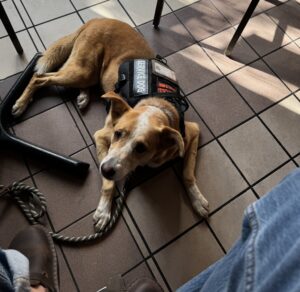 Implementing ADA-compliant service animal policies not only safeguards a business from legal issues, but also promotes a welcoming environment for patrons of all abilities. Here are some actionable steps for breweries and restaurants:
Implementing ADA-compliant service animal policies not only safeguards a business from legal issues, but also promotes a welcoming environment for patrons of all abilities. Here are some actionable steps for breweries and restaurants:
- Train Staff on Service Animal Protocols: Educate employees on the definition of a service animal, the two permissible questions they may ask, and how to handle any service animal issues that may arise. Emphasize that no documentation or proof of training can be requested.
- Develop a Clear Service Animal Policy: Having a written, ADA-compliant policy that includes procedures for handling disruptions or complaints can prevent misunderstandings. Displaying these policies in staff areas ensures that employees are aware and prepared.
- Avoid Confusing Service Animals with Pets or ESAs: Many patrons may attempt to bring pets or ESAs into establishments, but service animals have legal distinctions. Signage indicating that only service animals as defined by the ADA are allowed can help manage expectations and prevent disputes.
- Create an Inclusive Atmosphere: In cases where other patrons may object to the presence of a service animal due to allergies or fear, make it clear to patrons that service animals are allowed under federal and state law. Have alternative seating options available to accommodate all customers while upholding legal obligations.
- Respond Appropriately to Service Animal Misbehavior: If a service animal disrupts business operations (e.g., excessive barking, aggression), staff may ask the owner to control the animal or, in rare cases, remove it. However, they must allow the owner to stay without the animal.
Conclusion
The legal landscape surrounding service animals is complex, especially for breweries and restaurants navigating ADA requirements alongside Colorado’s specific anti-discrimination provisions. Understanding these obligations is vital to maintaining compliance, protecting the business from liability, and fostering a welcoming, accessible space for all patrons. By investing in staff training, developing ADA-compliant policies, and proactively supporting inclusivity, breweries and restaurants can meet their legal responsibilities and contribute to a more equitable service environment.
Download the handy 1-pager reference sheet here!
About Conner: Conner is a member of the Fairfield & Woods, P.C.’s Alcoholic Beverages, Real Estate, and Real Estate Development, Zoning and Land Use practice groups. He concentrates his practice in the areas of commercial leasing, commercial real estate, real estate development, and commercial transactions, including ADA compliance matters which affect the restaurant industry.

